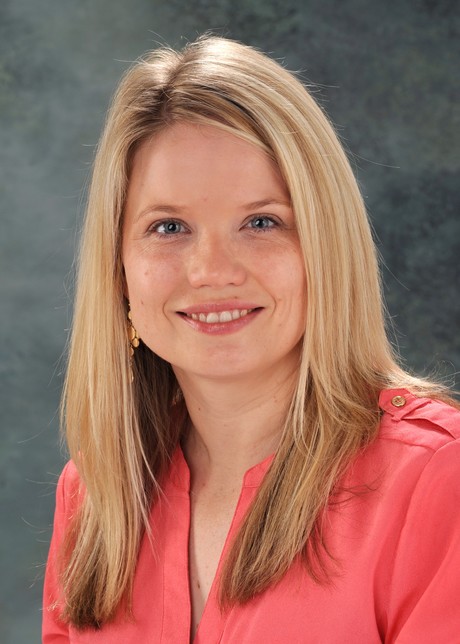The Royal Brisbane and Women's chooses wisely to improve patient care

The Royal Brisbane and Women’s Hospital (RBWH) is one of a number of leading Australian hospitals working to reduce duplicate or unnecessary healthcare practices as part of the Choosing Wisely Australia initiative.
Choosing Wisely is a global social movement, operating in more than 20 countries, which aims to eliminate unnecessary or low value tests, treatments and procedures based on the latest medical evidence. It’s also about promoting better conversations between clinicians and patients about their healthcare options.
NPS MedicineWise launched Choosing Wisely Australia two years ago and momentum for change continues to build among the health profession, health services and among consumers. A national meeting held in Melbourne on 4 May showcased the initiative’s progress and achievements to 200 members and supporters.
RBWH Choosing Wisely Clinical Lead Jessica Toleman presented the latest results achieved by the hospital since becoming a Choosing Wisely Australia Champion Health Service in November 2016.
“Choosing Wisely has gained serious momentum across RBWH,” Toleman said.
“We are challenging all facets of the organisation to think differently about the way we care for our patients and have identified more than 130 initiatives that address low value approaches.
“Hospitals can be intimidating places and it’s easy for patients to assume they have to have every test and treatment their doctor suggests. For clinicians, it’s easy to fall into the habit of ordering tests and requesting treatments simply because they can.”
Toleman said an education campaign for surgical staff around the options for incisional local anaesthetic infiltration — a Bupivacaine with Adrenaline combination compared to the single agent Ropivicaine — highlighted the majority of patients didn’t need the combination treatment. In addition to reducing a patient’s exposure to agents they don’t necessarily require (ie, adrenaline), Ropivicaine has reduced adverse effects compared to Bupivacaine and is lower cost.
RBWH has also been trialling a new Fasting Clock — a simple visual aid for patients, nursing, allied health and medical staff — that provides clear instructions on fasting times for food and fluids prior to surgery. This project has been shown to reduce the time that patients fast, and how hungry and thirsty they feel, and will be extended to all surgical wards next month.
In addition to the identified initiatives, RBWH has made a further commitment to Choosing Wisely by including it in their performance framework, hospital orientation and role descriptions.
“A statement appears in each and every one of our job descriptions which clearly identifies us as a Choosing Wisely organisation,” Toleman said. “Already we’re seeing a reduction in duplicated care, as well as better communication between different specialities.”
NPS MedicineWise CEO Dr Lynn Weekes said: “Choosing Wisely Australia has reached an important milestone by demonstrating strong early results in its first two years.
“This reinforces the long-term potential of Choosing Wisely to significantly change the mindsets and behaviours of health professionals and patients — to successfully challenge the notion that ‘more is better’ when it comes to managing a person’s health,” Dr Weekes said.
“Implementation of recommendations across the health sector and the community is key to achieving change.”
Choosing Wisely Australia is supported by 29 specialist colleges, societies and associations, and eight health services, and has a strong consumer advocacy base. There have been 133 recommendations released to date around tests, treatments and procedures that should be questioned.
Find out more about how to become a Choosing Wisely Champion Health Service by visiting www.choosingwisely.org.au/members/whats-involved.
Medical logistics provider gains on-brand hi-vis workwear
An Australian uniform provider has created a custom-designed red hi-vis range for a medical...
Rapid healthcare IT deployment helps private hospital open
A new Melbourne private hospital opened this month after implementing its core patient...
Budget: AMA welcomes investment but calls for system reform
In a post-Budget 2025–26 statement, the Australian Medical Association welcomed investment,...









